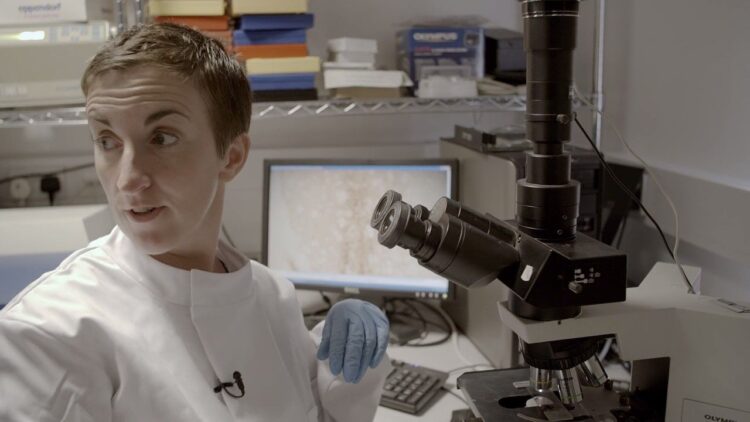The Michael J. Fox Foundation has given a major funding boost to Irish scientists studying a novel approach to brain repair for patients with Parkinson’s disease.
Parkinson’s is a disease that affects a person’s ability to control movement.
The symptoms are caused by the degeneration and death of brain cells that regulate movement.
Search for a treatment
Brain repair for Parkinson’s involves replacing these dead cells by transplanting healthy brain cells back into the brain.
However the widespread roll-out of this therapy has been hindered by poor survival rates of the implanted cells.
Irish research
Dr Eilís Dowd and her research team at NUI Galway demonstrated a way to dramatically improve the survival of the cells.
The cells survived for longer when implanted into the brain within a supportive gel made from the natural material collagen.
The discovery made global headlines and resulted in the Michael J. Fox Foundation for Parkinson’s Research awarding $300,000 to Dr Dowd and her team.

“In our previous research published in the Nature journal, Scientific Reports, we showed that collagen provides the cells with a nurturing, supportive environment in the brain and helps them to survive the aversive transplant process,” Dr Dowd says.
“This funding from The Michael J. Fox Foundation will allow us to test if this approach can also improve survival and reparative ability of healthy brain cells derived from adult stem cells.
“If so, this could lead to a dramatic improvement in brain repair approaches for Parkinson’s – a field that has been hampered for years by poor transplant survival.”
Read more about the research project here.
Learn more
Dr Dowd’s ongoing research in this field featured in the short documentary Feats of Modest Valour which won the coveted Scientist Award at the Imagine Science Film Festival in New York, as well as the Professional Documentary Award at the Raw Science Festival in California.








